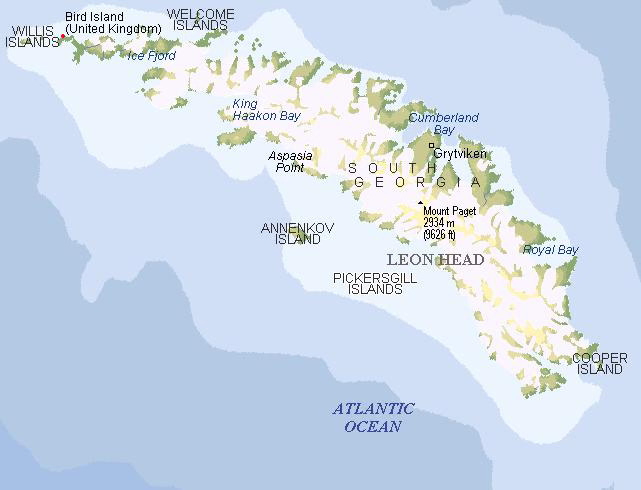“By the 1920s, humpbacks were scarce, so the industry began targeting blue whales and then fin whales. Finally, in 1966, whaling ceased on the island, in part because so few animals were left. For nearly half a century afterward, humpbacks were rarely spotted in the area.
THE ATLANTIC
As that quote implies, something quite welcome is happening in the sub-Antarctic waters of the South Atlantic. The Humpback Whales South Georgia are staging an epic comeback!
After decades of decimation by whaling, these gentle giants are reclaiming their rightful place in the icy waters of Cumberland Bay.
Just a decade ago, sightings were rare, but a recent study led by Dr. Jennifer Jackson confirmed the incredible: humpback whale populations have rebounded to near pre-whaling levels in the bay.
"It's like watching a forest regrow after a fire," Dr. Jennifer Jackson reports, "We're seeing what looks like restoration, and that's pretty darn exciting!"
This isn't just a throwaway “darn exciting”, it’s a great story and a powerful testament to the effectiveness of conservation efforts. The current population has rebounded to nearly 80,000 Humpback whales up from a low-point of 10,000 to 15,000. The journey, however, hasn't been without its challenges. Whaling may have wiped out the local population so completely that they even had to "rediscover" their ancestral feeding grounds.
But with their return comes a new threat: ship collisions. But local government is attempting to get ahead of this problem, but working with tourism officials to lower ship speeds and create new ship routes to protect the whales.
This heartwarming tale doesn't stop at humpbacks. Blue whales are also making a comeback down in the South Atlantic.
The story of South Georgia's whales is a decidedly good thing. It proves that with long term planning, dedicated efforts and practical policies seemingly horrible outcomes can be averted.






